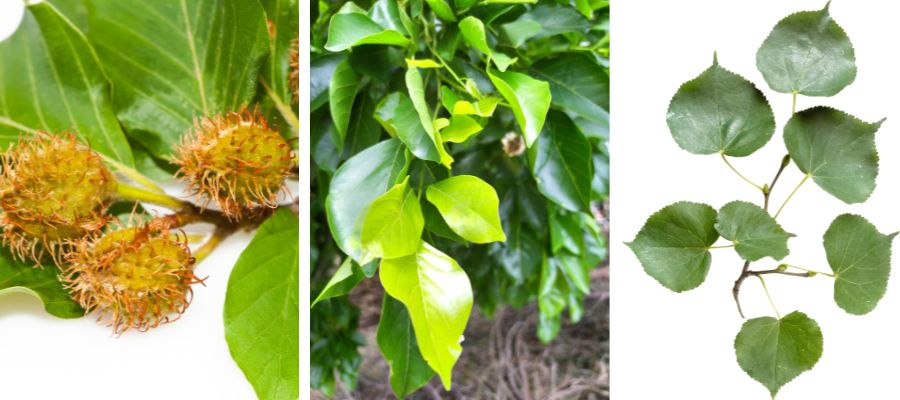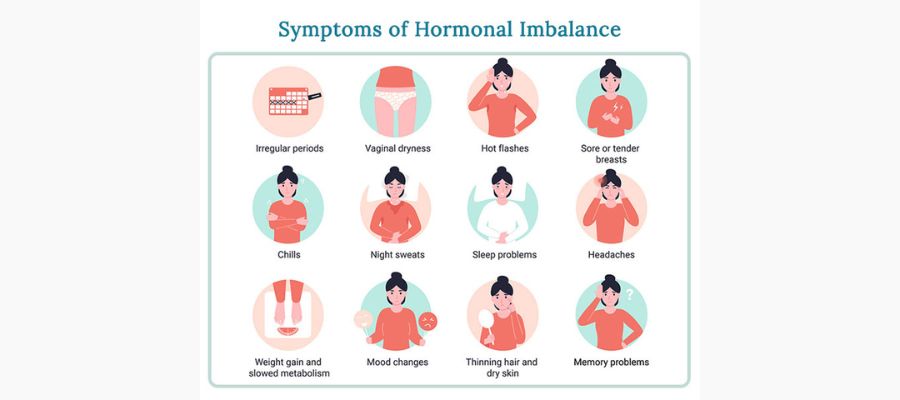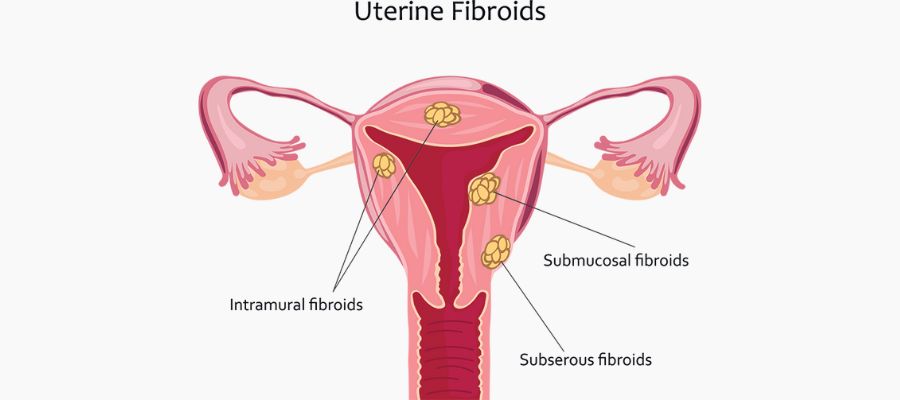.jpg)
SCIENTIFIC NAME: Zingiber officinale
FAMILY: Zingiberaceae
SHORT DESCRIPTION
Ginger or adrak is utilised in practically every Indian home as a spice, flavouring ingredient, and herbal treatment. It is high in minerals and bioactive substances that have powerful therapeutic properties. Ginger possesses purgative, appetiser, and heavy characteristics that aid in digestion. Dry Ginger is also known as Sauth is often used to treat a variety of nausea and vomiting symptoms. It's also used to treat menstruation cramps, osteoarthritis, diabetes, migraine headaches, and a variety of other ailments.
USES/BENEFITS/DISEASES
- Anti-inflammatory and analgesic action.
- Eases menstrual pain
- Stimulates taste buds and aid in sore throat relief
- Manages obesity
- Improves cholesterol levels
- Diabetes management
PRECAUTIONS/ SIDE EFFECTS
- If you have ulcers, inflammatory bowel illness, liver disorder or gallbladder stones, consult a doctor before using Ginger or its supplements.
- May increase the risk of heartburn, belching or acidity, and also bleeding if you are blood thinner. Consult expert.
- Avoid during pregnancy since it may increase the chance of uterine discharge.
HOW TO USE
- To ease indigestion, take 5 gm. crushed rhizome with salt or jaggery twice daily before a meal.
- To ease headache, apply a warm paste of ginger over the forehead up to three times a day.
- 1--3 gm. powder of dry rhizome with honey in three divided doses help to cure hoarseness in the voice.
- 10-20 ml. decoction prepared from 2 gm. of dry rhizome twice a day helps to treat body ache and joint pain effectively.
- Ginger tea 2-3 times a day to control high cholesterol levels and also aids in weight management.









